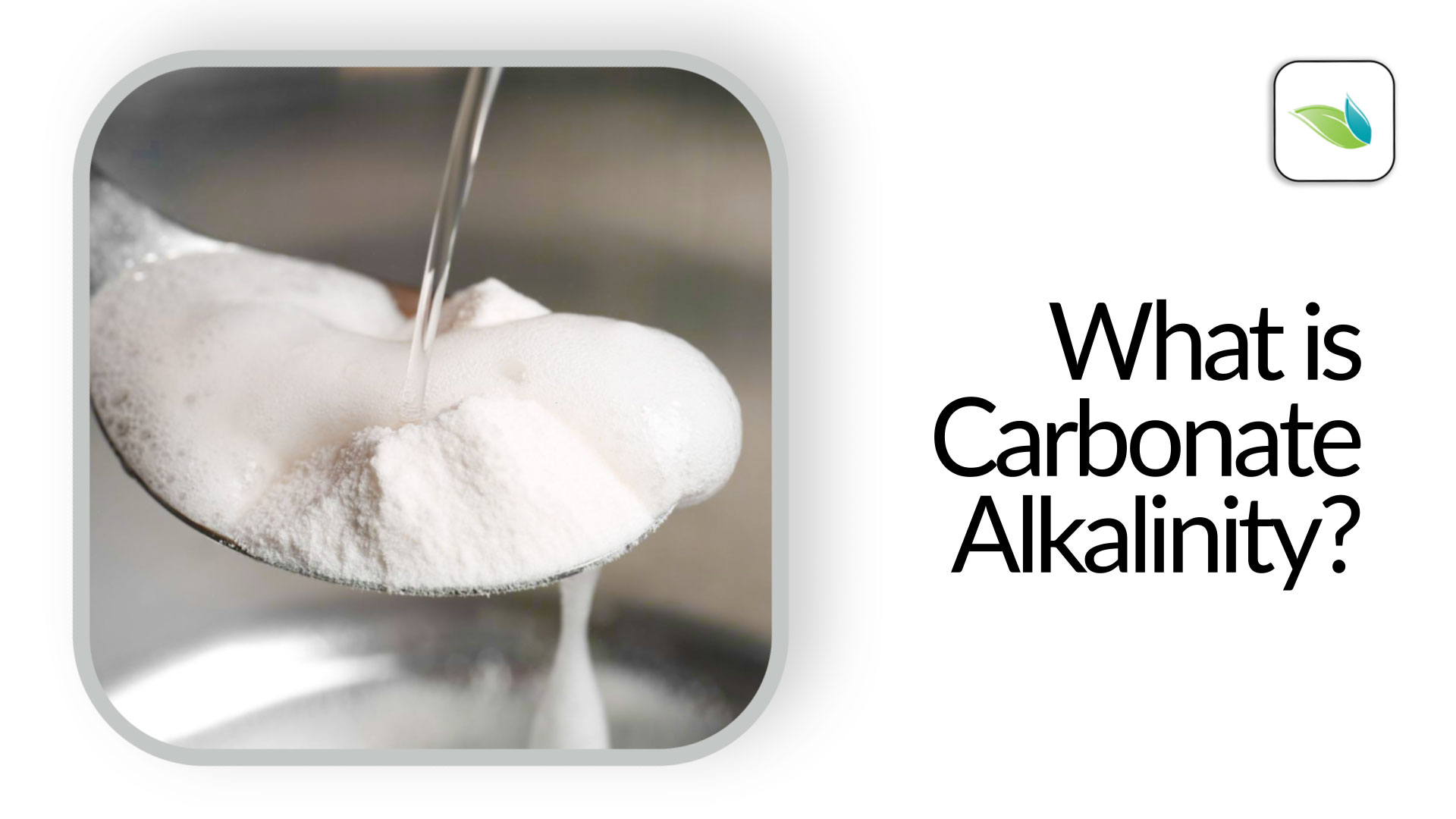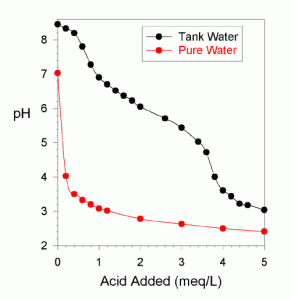- Joined
- Dec 14, 2018
- Messages
- 29
- Reaction score
- 39
The basic idea is very appealing, but you have to subscribe to their service and you can only buy consumables from them: $995 plus around $420/year...assuming the thing lasts for more than a year.
I'd pay a grand for a unit that reliably automates testing, but 400+ bucks a year for the privilege of vendor lock-in?
They should sell printers. No thanks.
I'd pay a grand for a unit that reliably automates testing, but 400+ bucks a year for the privilege of vendor lock-in?
They should sell printers. No thanks.






















